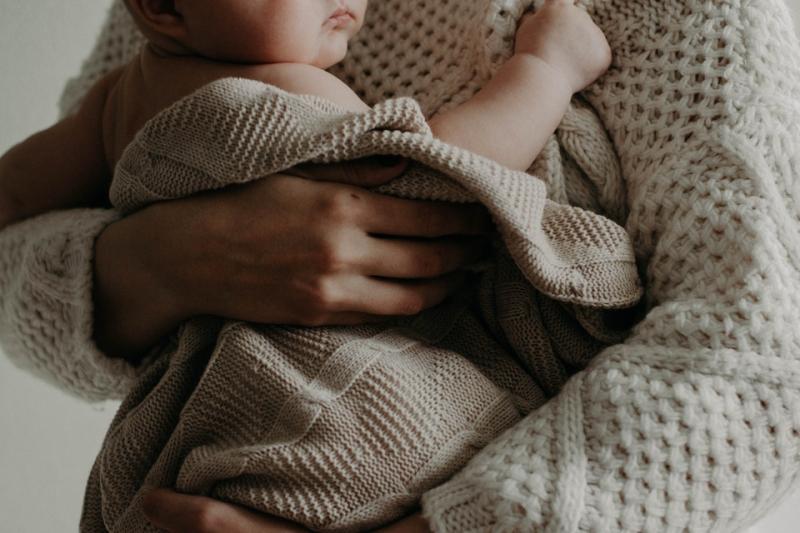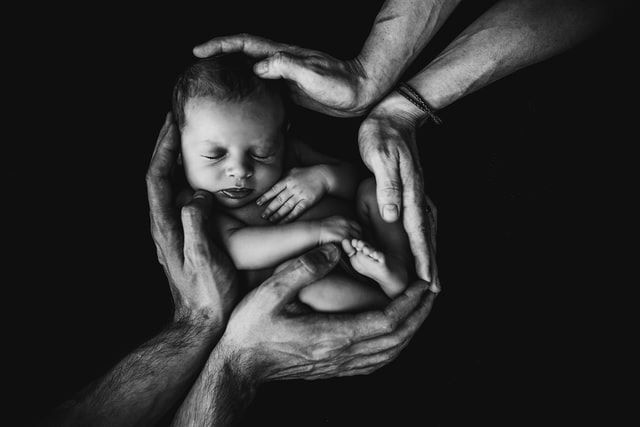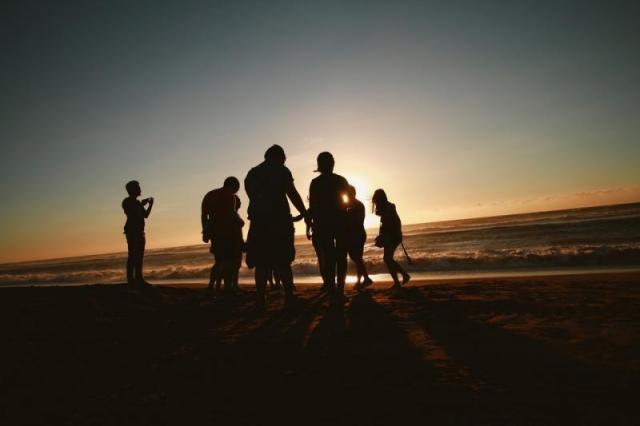Report shares whānau experiences with care and protection in Family Court, makes recommendations
Mon 24 Aug 2020
A new report shares findings and recommendations from a survey of whānau about their experiences with care and protection issues in Family Court under the Oranga Tamariki Act 1989.

The report, Te Taniwha I Te Ao Ture-ā-Whānau, Whānau Experience of Care and Protection in the Family Court (2020), says the care and protection system in Aotearoa New Zealand is "broken," that whānau are being "torn apart" and that the system must change.
The research was carried out by Dr Amohia Boulton, Maia Wikaira, Lynley Cvitanovic and Tania Williams Blyth through a partnership between Whakauae, Whāia Legal and Te Kōpu Education.
The report highlights the experiences of whānau and makes recommendations for changes in the Family Court, saying:
"The Family Court is an important cog in this system. The Family Court has the tools in legislation and the discretion to effect positive and transformative change. We are confident that now is the moment for the Family Court to take action and be part of the solution."
Whānau were asked about their experiences, including what worked well, what didn't work well, what could be improved and what they thought about alternative models. A total of 36 whānau were interviewed including parents, grandparents, children and young people, support people and extended whānau. In addition, eight non-Māori provided feedback.
Whānau reported a lack of communication about court proceedings and not receiving information about the process of people involved. Reflecting on the court proceedings, many whānau reported not understanding the language and protocols in the court, not being allowed to speak to the judge or share their comments and not feeling included in the court process. The report shares a number of quotes about experiences whānau found intimidating and alienating, including the following:
“[I could not ask] because they kept talking; the judge, the lawyers, Oranga Tamariki. You feel like the lawyers and the judge are their own social group and you can’t interject into that. You feel like a bit of a bystander – it’s about you but nobody is talking to you. Nobody cares about how you feel about the whole thing.”
"Yeah, it’s extremely stressful actually. They are discussing your life and your children and orders that are going to be put in place and decisions that are going to be put in place. You’ve been put in a position in court where you feel you have no say, you have no power to the outcome. It can be demoralising cause it’s based on the opinions of the case worker, their bias, their affidavits. The judge didn’t acknowledge any of the information I provided in my affidavit – it felt like, ‘let’s just get this done.'”
Some comments also highlighted when things worked well:
“I liked that the judge didn’t give up on me.”
“I think just having the judge ask if there was something I wanted to say so when I said that I didn’t agree with some of the things in the FGC and other things, I was encouraged to speak and do an affidavit.”
In relation to non-Māori, the report states "The feeling of not being heard and having no agency was reiterated throughout these interviews, leaving the participants feeling alienated and powerless."
Whānau also identified opportunities for change, including making the process whānau-led and whānau-centred, incorporating tikanga in procedures, improving judicial culture and empathy including communication, being more inclusive and engaging of whānau in the process, better informing whānau and making connections between Judges and Family Court within the community.
The final section of the report recommends changes at three levels to enable the Family Court to meet and uphold obligations under Te Tiriti o Waitangi. The first level focuses on knowledge and training for the judiciary on tikanga and te reo Māori. It states "Furthermore, respecting mana, whakapapa and whanaungatanga, together with acts of kindness and inclusion towards whānau, are behaviours that should be a common standard for all that work in the Family Court." The second level proposes that Family Court care and protection proceedings be held on Saturdays. The final level outlines a new proposed approach, recommending that a "Children, Young Persons and Their Families Board" with at least half Māori members be established to facilitate care and protection proceedings in place of the Family Court.
The authors call on the government's Family Court reform work to include care and protection proceedings.
They also highlight that experiences of systemic disadvantage by whānau Māori will be exacerbated by the impacts of COVID-19, saying "The need - and opportunity - for change is now more urgent than ever."
A blog post about the report is available on Whakauae.
Waatea News interviewed Dr Amohia Boulton about the research, as well as National Iwi Chairs Forum, Pou Tangata Co-chairs Rahui Papa and Dame Naida Glavish about their responses to the report.
Te Hunga Rōia Māori o Aotearoa, the Māori Law Society, supports the report stating:
“The reports highlights the need for whānau-centered and tikanga Māori based approaches in order to bring about opportunities for transformative change. It also provides very practical and tangible options that provide a way forward through solutions that embrace the partnership envisaged by Te Tiriti o Waitangi.”
The NZ Herald reports comments from Principal Family Court Judge Jacquelyn Moran and Children's Commissioner Andrew Becroft.
Related information
For more information about care and protection of tamariki Māori in Family Court see the following reports and articles:
Care and protection of tamariki Māori in the family court system: Kaupapa Māori models now required to reduce disparities and measure outcomes (Tania Williams and others, 2019)
E tipu E rea: The care and protection of indigenous (Māori) children (Amohia Boulton and others, 2018)
The Government announced $50 million of funding from the COVID-19 Response and Recovery Fund to address impacts from COVID-19 on the Courts. The funding provides for five District Court judges, four acting High Court judges, one acting Associate judge and around 40 fulltime support staff. It also provides further resource for Oranga Tamariki - Ministry for Children to address an increase in care and protection of children applications.
Related media
When the Family Court sees no evil, Newsroom, 28.08.2020
Family Court needs tikanga infusion, Waatea News, 28.07.2020
Māori families feel ignored by Family Court judges - report, RNZ, 27.07.2020
Image: Kristina Paukshtite from Pexels







